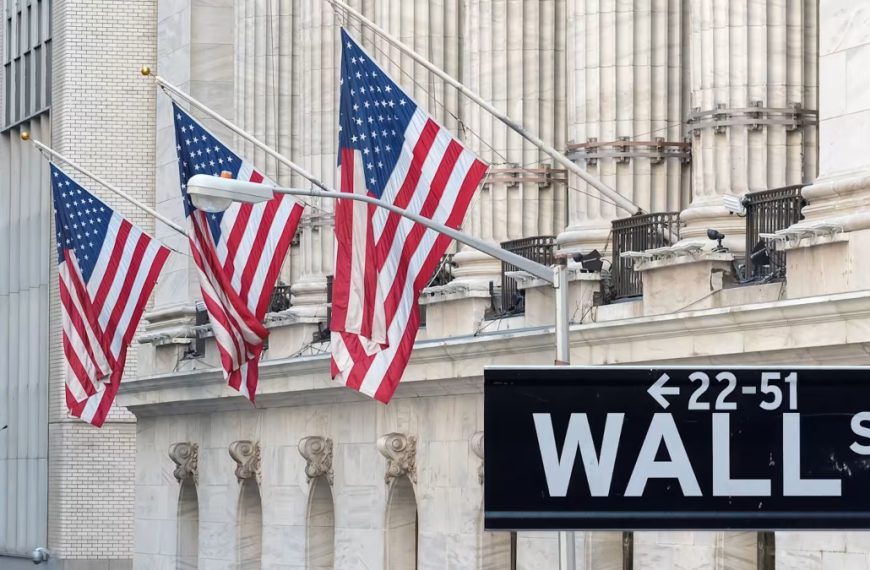SEBI Revamps ESG Disclosure Regulations for Enhanced Transparency
The Securities and Exchange Board of India (SEBI) is set to implement transformative changes to its Environmental, Social, and Governance (ESG) disclosure regulations as part of the Listing Obligations and Disclosure Requirements (LODR). These updates, taking effect on March 28, 2025, are designed to bolster transparency and accountability among publicly listed companies, thereby promoting sustainable business practices across the board.
Key Changes in ESG Disclosure Regulations
One of the standout features of SEBI’s updated regulations is the mandatory assessment or assurance for the Business Responsibility and Sustainability Report (BRSR) Core. This requirement will be rolled out in phases, primarily targeting the top-listed firms. This gradual implementation offers companies ample time to adjust their reporting methods, ensuring a smooth transition into enhanced ESG compliance.
Additional highlights of the revised guidelines include:
- Mandatory disclosures on green credit, underscoring the significance of eco-friendly business practices.
- A temporary deferment of ESG disclosures for value chain partners, allowing businesses to adapt at a comfortable pace.
- An emphasis on engaging independent assessment providers to validate the authenticity and dependability of sustainability disclosures.
SEBI’s proactive measures align with global trends, reinforcing India’s pledge towards responsible corporate governance and sustainability.
India’s Forex Reserves Witness Significant Growth
In another noteworthy development, India’s foreign exchange reserves have reportedly climbed by $4.5 billion, reaching a total of $658.8 billion for the week ending March 28, 2025, according to the Reserve Bank of India (RBI). This surge continues a positive trajectory observed in recent weeks, following an increase of $0.305 billion in the previous week.
This remarkable rise in reserves is attributed to:
- The accumulation of foreign currency assets.
- A robust external position for the Indian economy.
Higher forex reserves empower the RBI to effectively manage exchange rate fluctuations while also catering to import needs and bolstering investor confidence. This upward trend in reserves highlights India’s resilient external sector performance amid global economic challenges.
New Investment Opportunity: ICICI Prudential’s NFO in EV Sector
ICICI Asset Management Company has unveiled a New Fund Offer (NFO) for the ICICI Prudential Nifty EV & New Age Automotive ETF FoF Growth Direct Plan. This initiative presents investors with a unique opportunity to engage with the rapidly evolving electric vehicle (EV) and new-age automotive sectors.
The fund aims to deliver long-term capital appreciation by investing in the ICICI Prudential Nifty EV & New Age Automotive ETF, which targets companies involved in:
- EV manufacturing
- Battery technologies
- Related ecosystem developments
The NFO is currently open for subscription and will conclude on April 9, 2025. This limited-time opportunity aligns perfectly with the increasing adoption of EVs in India, providing investors with avenues for potential growth in emerging sectors.
Conclusion
These recent developments from SEBI and the RBI not only signify a commitment to transparency and sustainability in business practices but also reflect India’s strong economic position globally. Investors now have exciting opportunities to engage with innovative sectors, reinforcing the nation’s journey towards a sustainable future.
For more insights on investment strategies and market trends, check out our other articles on investment tips and mutual funds.










